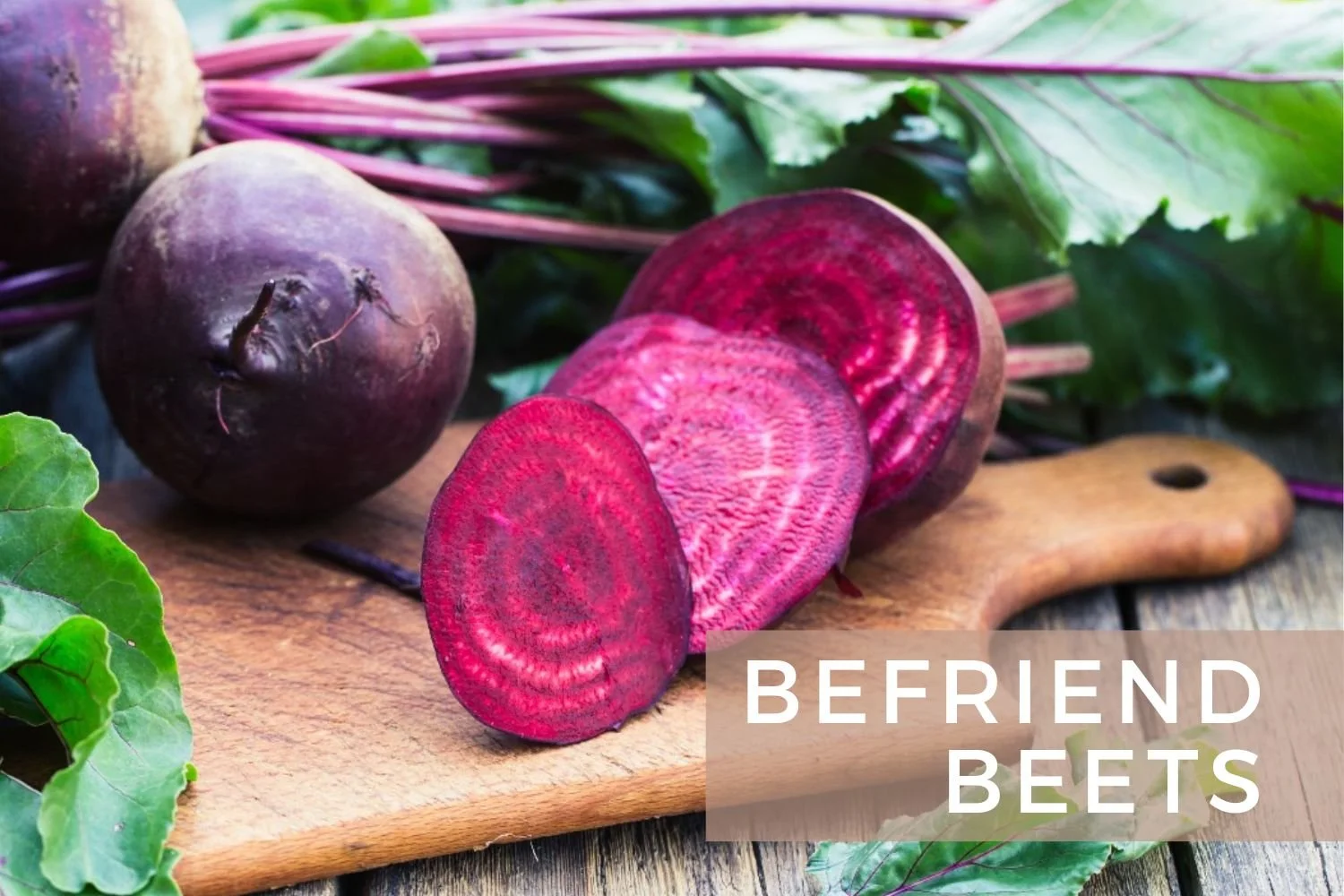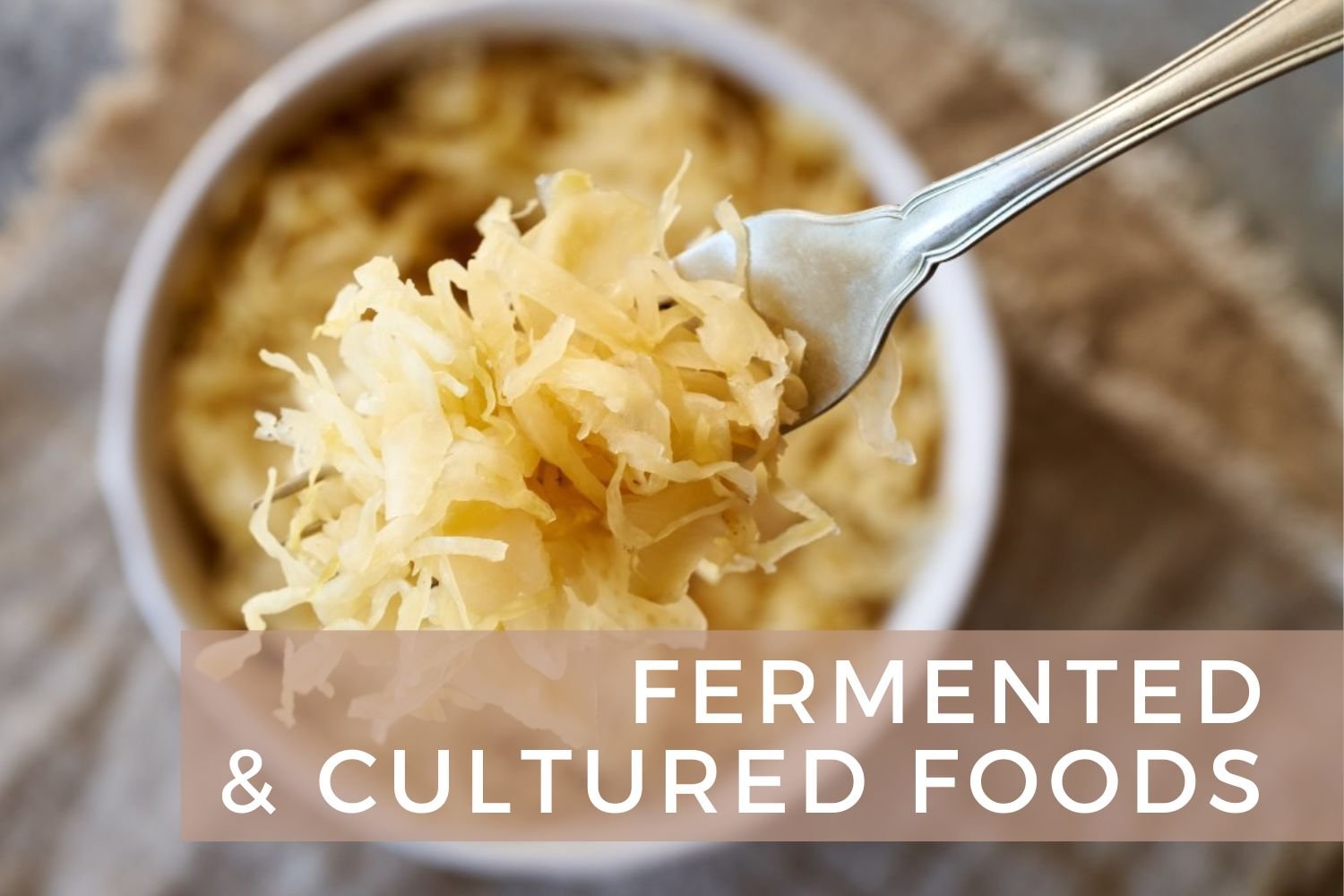Nine Ways to Support Digestion
Being able to digest your food is critical to your health. Breaking down particles of food into bioavailable nutrients not only provides fuel for your body — your body is literally made up of the food you put in it (which is why a healthy diet is so important, since it directly impacts the health of every cell in your body). Here are some tips to help support optimal digestion so you can get the most out of every delicious nutrient you eat:
1. Slow down
Digestion requires our bodies to be in a calm, parasympathetic state — often called the “rest and digest” state. When we are distracted, stressed, or rushed, our sympathetic nervous system (which is responsible for the “fight or flight” response) is activated and blood is routed to the brain and muscles and away from our digestive organs. Even the best diet can’t be utilized if we aren’t digesting and assimilating its nutrients. This starts with eating mindfully.
2. Chew your damn food
Our tongue, saliva, and teeth need time with our food to properly break it down. If not broken down properly in the mouth, food is more difficult to break down further in the digestive tract, where it can feed fungi and bacteria, damage the intestinal barrier, and lead to leaky gut. Aim to chew your food until it’s the consistency of applesauce.
3. Hydrate, but...
Digestion relies on proper hydration to produce the fluids that break down food, deliver nutrients to cells, and remove toxins and excess hormones from the body. However, it’s best to sip water throughout the day and drink any larger amounts between meals to avoid diluting gastric juices and impairing their ability to break down protein in the stomach.
4. Get bitter
Bitter flavors stimulate the secretion of stomach acid and bile. Digestive bitters and foods like bitter greens can help prime the GI tract for optimal digestion. However, these only stimulate the body’s natural ability to produce stomach acid and are not a replacement. Stomach acid production typically declines with stress and age, and most people benefit from supplementation.
5. Walk it out
Going for a walk within 60-90 minutes after eating helps promote peristalsis — the wavelike contraction and relaxation of the muscles in the intestinal tract — to help keep food moving and bowel movements regular. Movement also helps keep blood sugar balanced and by helping prevent post-meal glucose spikes.
6. Combine protein, fiber, and fat
The presence of protein and fat in a meal stimulates the secretion of digestive juices — like stomach acid and bile — to ensure optimal nutrient breakdown, whereas fiber feeds beneficial bacteria in the gut and promotes motility. Plus, all three support satiety and keep blood sugar / energy levels balanced throughout the day!
7. Don't use acid-blocking meds
Stomach acid is absolutely essential to proper digestion. Heartburn and acid reflux are almost always a sign that stomach acid is ending up in the wrong place and is actually too LOW. Antacids and PPIs only mask the symptoms and exacerbate the issue further, impairing digestion in the stomach and further downstream. (Always talk to your doctor before going off any medications.)
8. Befriend beets
Beets are like a nutritional love note to your liver! They not only help prevent hepatic inflammation and oxidative damage, but also activate liver enzyme and bile production, which supports detoxification.
9. Eat fermented / cultured foods
Live fermented and cultured foods — like sauerkraut, kimchi, beet kvass, kefir, kombucha, and yogurt — contain gut-friendly microbes that help improve digestion, crowd out harmful organisms that can otherwise colonize in the gut, boost our immune systems, and produce important nutrients.
Keep in mind:
Like all health issues, there are no quick fixes for bad digestion. While all of these are great ways to support digestion (and can help improve it to an extent), dysfunction requires a deeper dive to get to the underlying issues. Working with a holistic nutrition practitioner who does objective testing, like myself, can help get to the root of the matter so you’re able to digest and utilize all the nutrients in your diet — and feel your absolute best!









